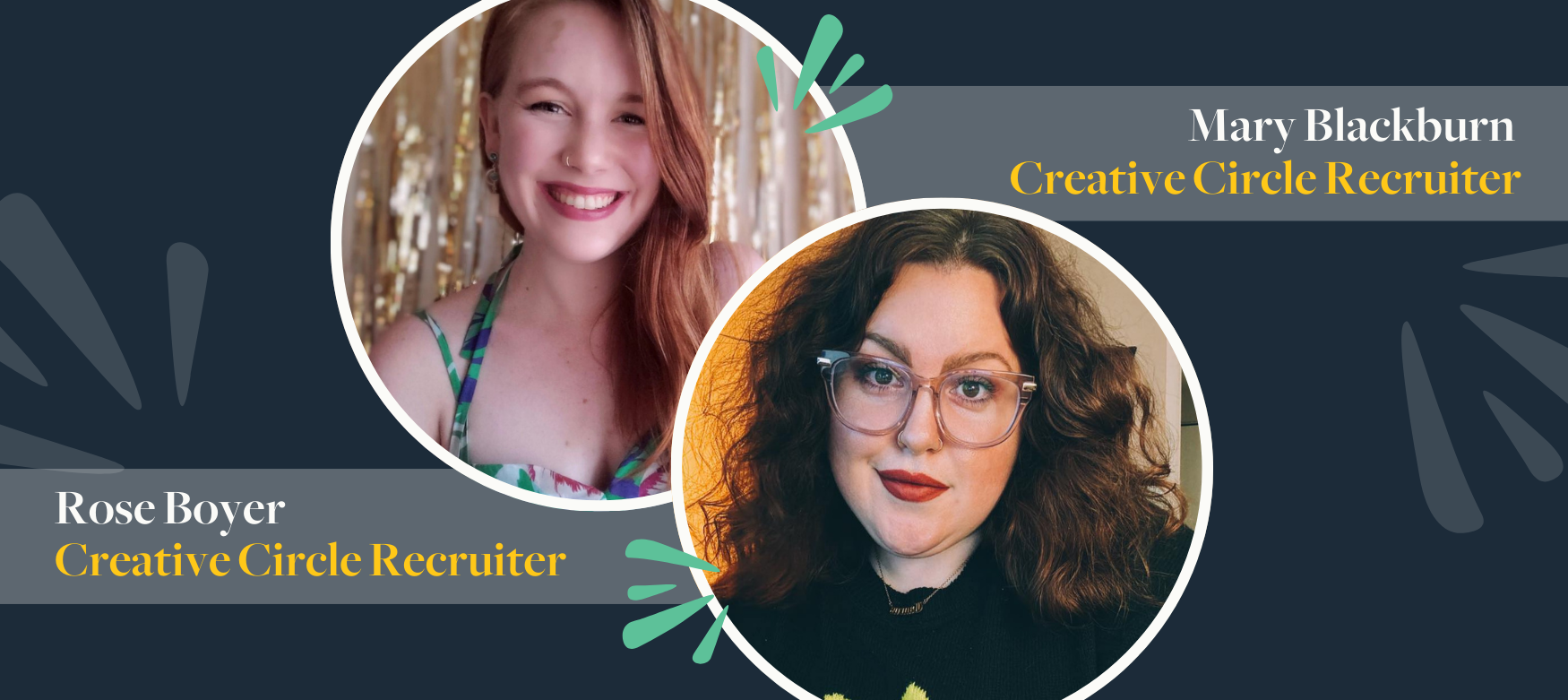When many of us start thinking about working in advertising, we’re really dreaming about making Super Bowl commercials, seeing our name in Adweek, and all of the other opportunities that come with working at a name-brand agency. The good news is it’s an attainable dream! But whether you’re someone who’s just starting out or want to make a mid-career upgrade, getting in the storied doors of an agency like TBWA\Chiat\Day, Wieden + Kennedy, or Droga5 won’t be easy.
Creative Director Nick Liebeskind has spent the last eight years helping aspiring creative superstars tip the odds in their favor. In addition to having a career working on brands like Lexus, The Ritz-Carlton, and TrueCar, he’s also a student-turned-teacher at The Book Shop School for Ads, an intensive series of workshops designed to teach students how to do great work and build award-winning and job-winning portfolios. During his time as a Book Shop instructor, he’s helped nurture and advise talent that’s later ended up at shops like Saatchi & Saatchi, 72andSunny, Deutsch, and other big-name agencies. He spoke with me and shared his thoughts about what it takes to get noticed and get hired.
So how important is your portfolio?
Your book is your leverage; it’s everything. More and more, agencies at every level care more about your book than your resume.
How much does previous experience matter?
There used to be this Catch-22: to get into a big agency, you needed to have big agency experience, but then, how do you even get in the door? I think that trend has dissipated, and more people are being considered just on the strength of their book.
What else factors in?
It’s been my experience that besides your book, it’s also your connections, it’s luck, timing, and to some extent, it’s also having work in your book that might be similar to a piece of business an agency already has. For example, I had some students that had gaming work in their portfolios and were big gamers themselves, and I knew that AKQA was looking for people with gaming experience, so it worked out for them. It can be very serendipitous, with an agency having a specific need, and then the right book coming across the CD’s desk at the right time.
Also, it depends on the agency. For example, I’ve heard that an agency like 72andSunny tends to like people whose artistic interests and talents go beyond just advertising. They covet people with a more interesting background than just ad school. Even if those talents, like painting and photography, aren’t strictly related to advertising or what their career goals are, they add to a person’s value as a creative and that makes them appealing to that kind of agency.
Increasingly, companies value culture and want to promote the culture they’ve created. They’ll create content around it, and it becomes a recruiting mechanism, a way to find the right people that fit what they’re doing. For a long time, agencies have been the brand stewards, now they are becoming brands themselves.
What about mid-level creatives who are at agencies that aren’t giving them the quality of work they’d need, and so instead, they have a lot of spec work in their portfolios?
I’ve had quite a few students over the years come to The Book Shop because, while they’re already working in the business, they aren’t being given the kind of assignments that allow them to flex their muscles creatively. In this case, I don’t mind if they have some spec work in their book. But one thing I do ask them to look at is the work they ARE doing professionally and to build on it. Flesh it out, see if there are actual creative opportunities they’re missing.
It’s easy sometimes to get work and think it isn’t interesting or lacks potential to be book-worthy. Sometimes it’s true, but sometimes it isn’t. So again, I ask my students (or former students if that’s the case), to use what they ARE producing as a beginning and to get with their partner and dig deeper. True, this new, fleshed-out work might not ever be produced. But at least it’s your ideas and the work you would have done had the brief been more robust, and it’s for an existing client whose account you’re actually working on. It’s still spec, but more like “spec adjacent.”
Full disclosure: I went to The Book Shop, and while I don’t want to sound like I’m making an ad for them, the experience was invaluable in helping me learn advertising and define my career goals, and I can attest to the fact that Book Shop alums do end up at amazing agencies. As Nick said, your portfolio is everything and connections matter a lot, too, and participating in an IRL portfolio workshop or school is how you can get both.
However, it’s not the only way. The key is doing the best work you possibly can at every stage of your career, continuing to grow your network, and keep putting yourself out there. If you have the right work in the right place at the right time, you could get the opportunity you’ve been dreaming of.
Lisa is a Creative Circle candidate and seasoned advertising copywriter who lives in Los Angeles. Her background includes both in-house and agency work on Fortune 500 and global accounts in the consumer and healthcare/pharmaceutical fields. She excels at words, fashion, and cats. If you want to work with Lisa, contact Creative Circle Los Angeles.



